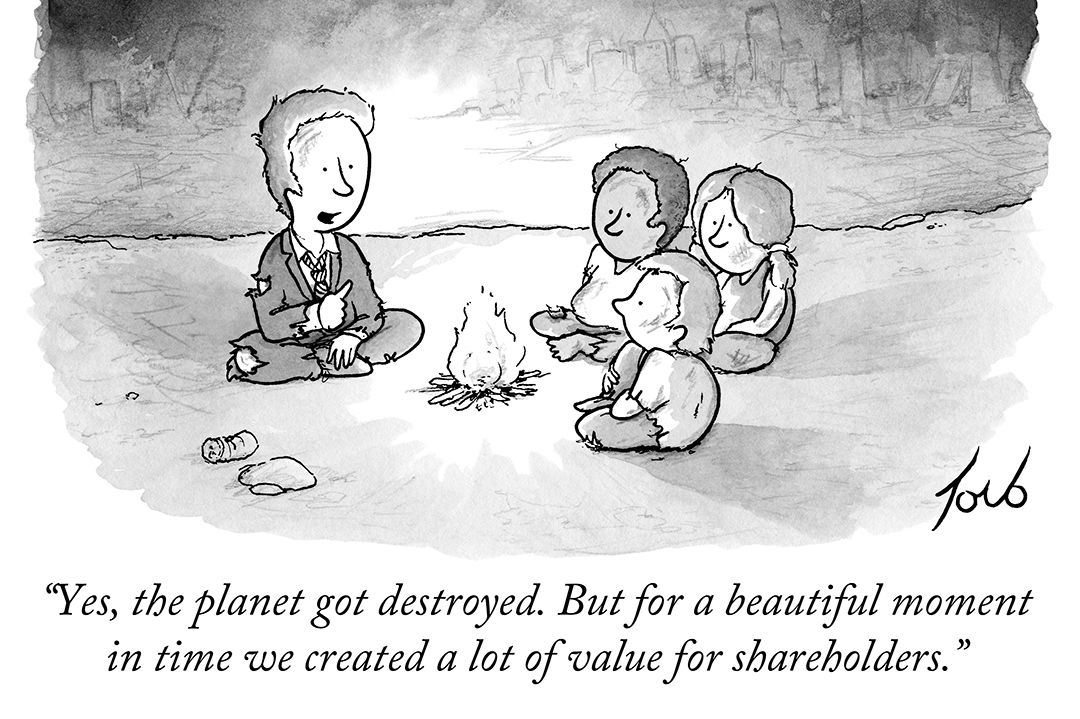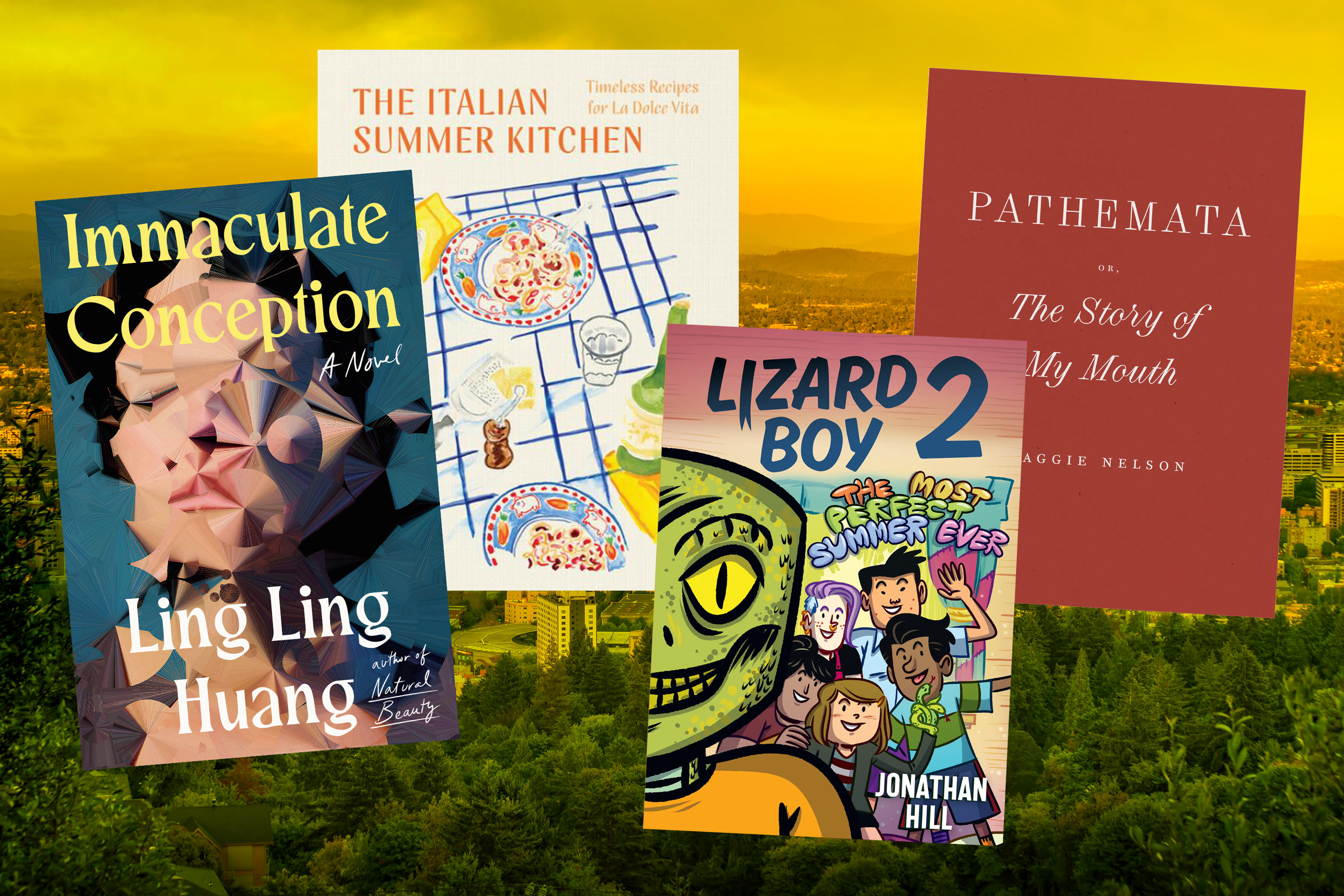Portlander Omar El Akkad's Debut Novel Is a Dystopian Antiwar Tale

Omar El Akkad will be at Powell's City of Books on April 7.
Image: Courtesy Michael Lionstar
Omar El Akkad, an award-winning journalist born in Egypt and raised in Qatar, has filed dispatches from Afghanistan, the military trials at Guantánamo Bay, the Arab Spring revolution in Egypt, and the Black Lives Matter movement in Ferguson, Missouri. Now living in Portland, El Akkad turns to fiction with American War, a dystopian tale that begins in 2075.
El Akkad’s debut novel features disaffected Southern states that secede after a ban on fossil fuels, amid rising sea levels. The author says he hopes it’s an antiwar book.
Why did you decide to overlay North-South historical tensions with our accelerating environmental calamity and an imagined future energy crisis?
I went looking for an analogy to the cause of the first Civil War. I knew I wouldn’t find anything that compares with the sheer human cruelty of slavery. But as something many people are happy to accept today because it makes life easier and powers a massive commercial empire, fossil fuel seemed a fitting analog.
The book does contain disturbingly familiar trappings—combat drones, suicide bombings, and a Guantanamo-esque base. What happens when all this moves to US soil?
I knew from the beginning that the only way to write the novel I wanted to write was to take the conflicts the United States has been involved in, indirectly or from a great distance, and recast them as elements of something immediate. I think a lot about a news interview I saw a few years ago with a foreign policy expert discussing how American soldiers conduct nighttime raids in Afghanistan—they often barge into villagers’ homes and hold women and children at gunpoint. In Afghan culture, the expert helpfully noted, this sort of thing is considered offensive—as if there exists a single culture on earth that wouldn’t consider this sort of thing offensive. That’s why I had to bring these things here. Most everything in this book is based on something that really happened. It just happened to someone voiceless, someone very far away.
Your protagonist, Sarat, becomes radicalized over the course of the book. Do you think your novel’s depiction of an America rent by war might restrain readers flirting with zealotry in today’s politically charged atmosphere?
I hope so, but I doubt it. My intent was to show that there exists no such thing as a “foreign” kind of suffering. Regardless of ethnicity or culture or religion, war makes us all angry and bitter and vengeful in the same way. The story of Sarat’s transition from a curious, loving young girl to an instrument of violence is, in my mind, the story of how all forms of weaponized hatred end up creating more of the evil they claim to oppose. But will anyone read my novel and decide to change course? I honestly don’t know. I hope I’ve written an antiwar novel, and I hope it resonates.
No foreign kind of suffering—is that what one character means by saying “the misery of war represented the world’s only truly universal language”?
That is the closest thing to a thesis statement in the whole book. I don’t care where you’re from, nobody reacts any differently to a bomb falling on their house. The privilege to believe otherwise is just that—privilege.




